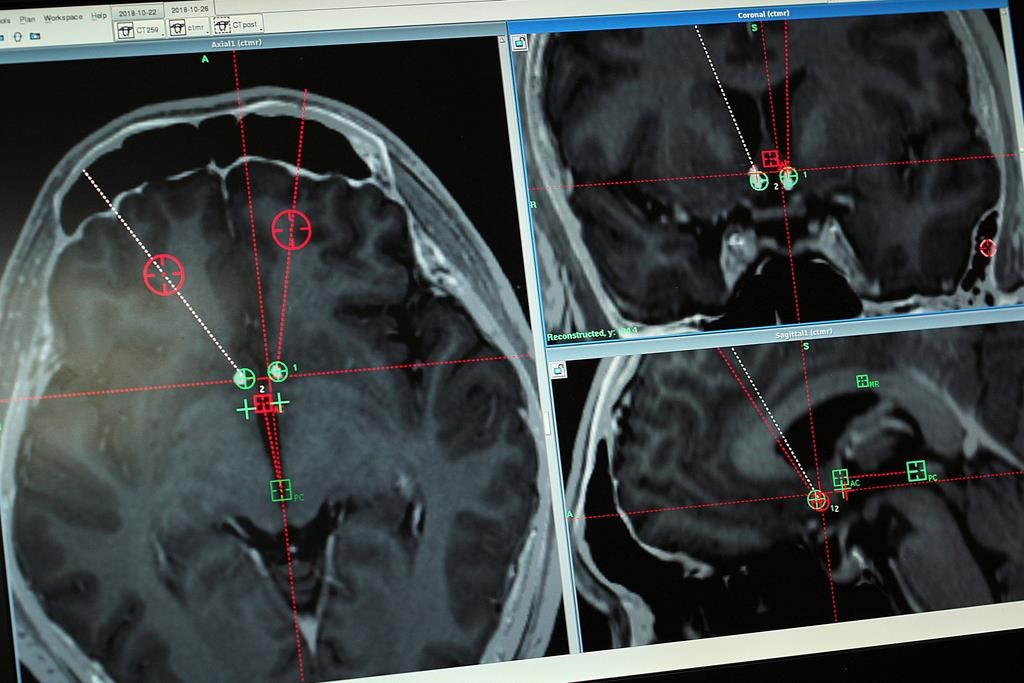Canadian researchers are recruiting 350 older adults, including about 60 in Quebec, to participate in an online program to increase their knowledge of neurocognitive disorders and improve their lifestyle.
Healthy Brain PRO, from the Canadian Association for Aging-Associated Neurodegeneration, will specifically offer participants interactive, bilingual educational modules to encourage them to improve their physical and cognitive health, and reduce risk factors associated with developing a neurocognitive disorder.
The program will address seven main areas that affect the risk of developing a neurological disorder: physical exercise; food; sleep; mental health and social connections; cognitive engagement cardiovascular health; sight and hearing.
“In this first major study, we want to try to see if we have actually succeeded in increasing what is called disease-related literacyProfessor Sylvie Belleville, director of the Canadian team of experts that developed Healthy Brain PRO, explained.
“So do people better understand the risk factors? What do they know? Are they aware of all this? And then, do we really have an impact on their lifestyle?»
Each unit includes several 10-minute videos and interactive activities. The content provided to the participants will be customized, as far as possible, according to their lifestyle and the risk factors they present.
Each participant will also receive an EEG headband to measure brain activity during sleep and an accelerometer to track their physical activity, helping to measure and quantify the program’s impact.
Neurocognitive disorders are expected to affect nearly one million Canadians within 12 years, and reducing associated risk factors is an increasingly urgent national priority, researchers say.
“Since it’s across the web, that means we’re reaching people who may not have access to the gym, who live in areas, or who may have a harder time packing outside their apartment.Ms. Belleville, who is also a full-time professor in the Department of Psychology at the University of Montreal and a Research Chair in Cognitive Neuroscience of Aging and Brain Plasticity, added.
“That’s kind of the point. But at the same time, it has to work, so you need to know if people are actually incorporating these interventions.»
Recruitment of participants will extend through October. Those selected are expected to participate in the program for approximately ten months. In this first phase, the researchers are interested in recruiting older adults who represent at least one risk factor associated with neurocognitive disorders, with the goal of reducing this risk during the study.
This first phase will determine whether such remote and at-home interventions, delivered in a progressive and personalized manner, will nudge older adults in the right direction by getting them to adopt lifestyle habits conducive to their cognitive health.
We will also check whether the suggested duration of ten months is appropriate and whether some older adults respond better than others to the interventions. The program can be expanded based on these results.
The researchers also hope it will give older adults a sense of control over their cognitive health.
Finally, in Quebec, researchers will work in partnership with the Federation of Alzheimer’s Societies of Quebec to examine whether the program really meets the needs of community organizations that are directly related to older adults.
—-
Online: www.canthumbsup.ca
Jean Benoit Legault, The Canadian Press

“Subtly charming problem solver. Extreme tv enthusiast. Web scholar. Evil beer expert. Music nerd. Food junkie.”

